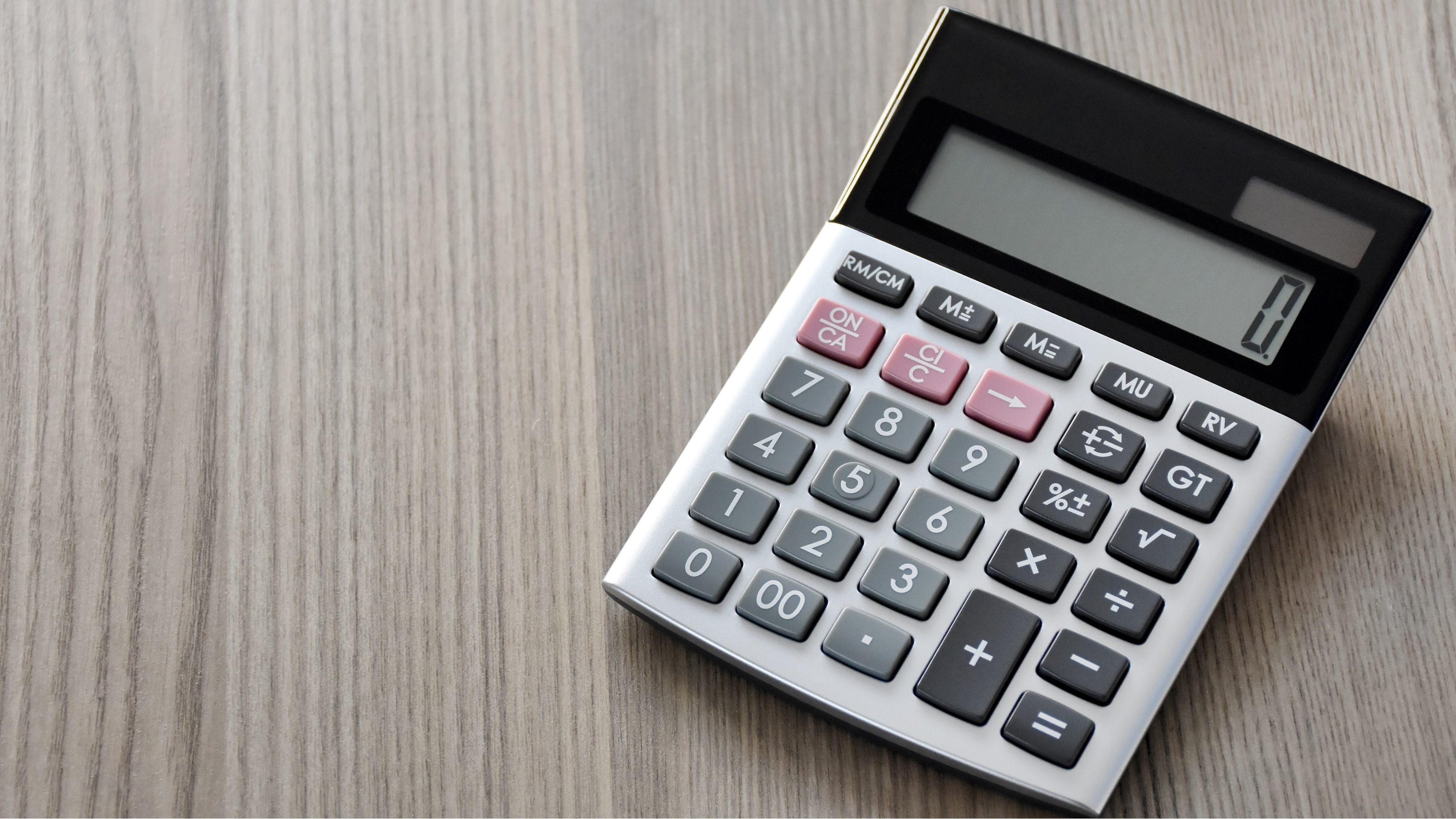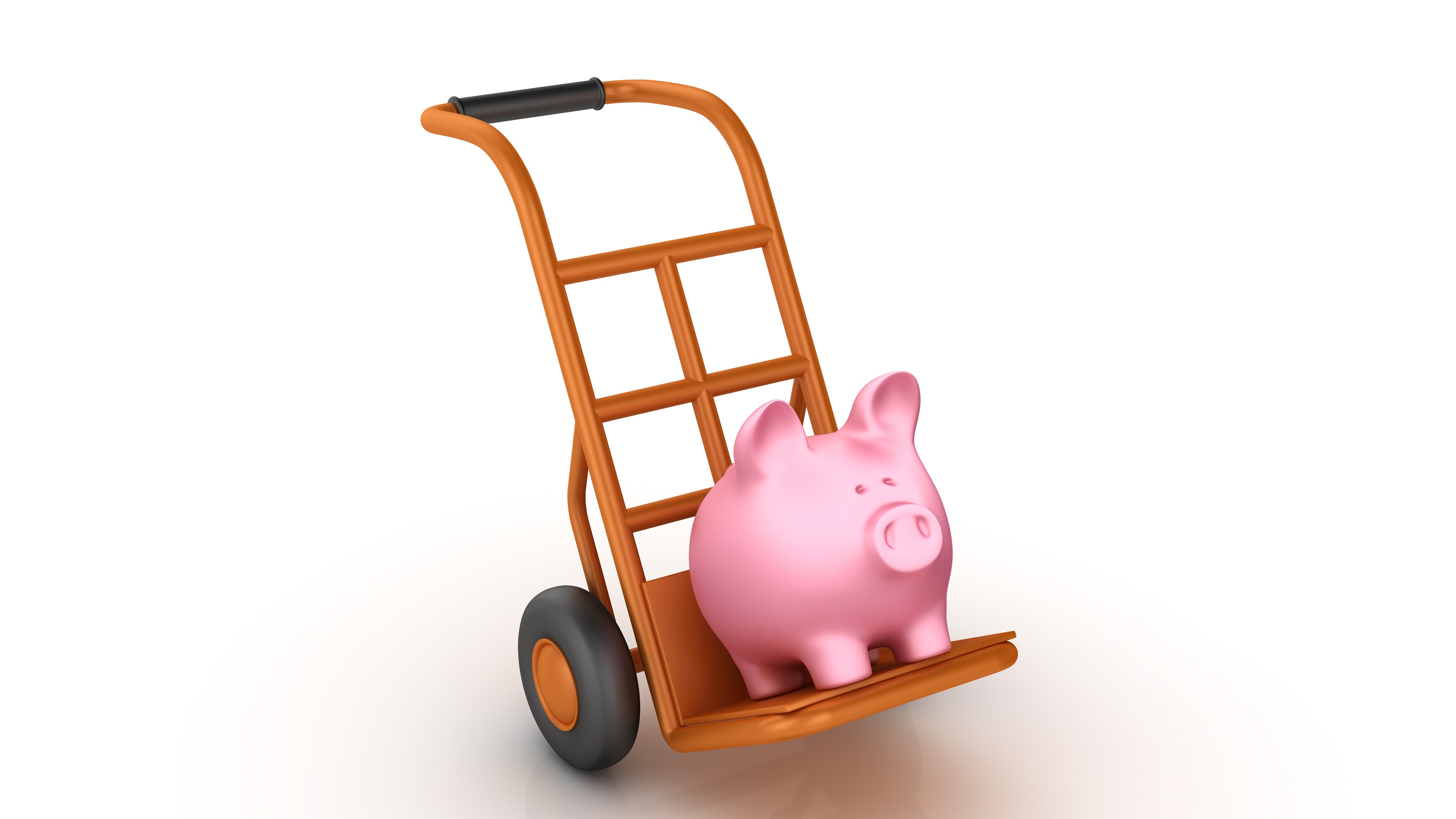Are These the Next Stocks to Split?
In June, (IBKR) joined a high-profile list of companies that have executed a stock split over the past few years.
Interactive Brokers operates America's largest electronic trading platform and is well-loved among active traders and sophisticated investors.
Technological advancements, the adoption of cryptocurrency trading on its platform, and the COVID stimulus-fueled surge of new individual investors have all sparked a renaissance in shares of IBKR, which shot up by more than 400% between the start of 2020 and its peak earlier this year.
As a result, IBKR's share price jumped from below $50 to above $200. You might not balk at a couple hundred bucks, but many other people might.
For some retail investors with limited funds to work with, $200 represents a high nominal per-share cost that could dissuade them from buying IBKR and steer them toward cheaper stocks.
As a result, IBKR did what many companies have done in its situation and "split" its stock to make it more affordable.
A stock split is one of Wall Street's simplest pieces of financial engineering. While there's a bit more that goes on in the back end, here's what you and I see:
Here's a hypothetical example in which Woodley Inc. announces a .
In other words, the total worth of your stock is exactly the same before and after the split. The two things that have changed are 1.) how many shares you own and 2.) how much each share is worth.
Interactive Brokers is undergoing a 4-for-1 stock split itself. Ahead of the June 18 split, shares traded at roughly $208 per share – which means immediately after the split, shares were priced closer to $52 per share.
In short, companies split their stock because it makes shares cheaper, which in turn makes it more accessible to the average investor.
It's easier to think about this when you consider normal investor behavior.
The biggest contribution many people ever make to a brokerage or retirement account is a lump sum, whether that's savings, a rollover, what have you.
So, say you fund an IRA with $5,000 you saved up. You'll probably go out and buy stocks and funds right away, using up most of that $5,000. After that, however, let's say you can only contribute $50 per month.
I suppose you could wait four months to afford a $200-per-share stock. But you'd probably want to put that money to work right away, which means you'd probably look for a stock that costs $50 or less.
Companies know this. Interactive Brokers especially knows this. Hence, they split their stock.
Kiplinger contributor Charles Lewis Sizemore, in defining a stock split, brought up another perk, using (AMZN) 20-for-1 split back in 2022 as an example:
"It's also easier to properly balance a portfolio. Let's imagine you want to make Amazon a 3% piece of your $100,000 portfolio. Well, with AMZN trading closer to $122, you'd be able to buy to about 25 shares to make that possible. But with Amazon trading at $2,447, you'd only be able to buy one share."
One interesting point: Stock splits are less common than they were a couple of decades ago. You can largely chalk that up to the advent of fractional shares, which allow people to buy fractions of stock for as little as $10, $5, sometimes even $1 per share.
It's a wildly democratizing feature that has allowed young and/or low-dollar investors to diversify their portfolios in ways they never could. But it has also reduced the necessity of splitting one's shares.
2025 has seen a handful of stock splits. In addition to IBKR, we've also seen splits from the likes of O'Reilly Automotive (ORLY, 15-for-1), Fastenal (FAST, 2-for-1) and independent bottler Coca-Cola Consolidated (COKE, 10-for-1).
But the biggest stock-split splashes have come over the past five years or so, from a number of Wall Street's biggest stocks:
(TSLA): Split 5-for-1 on August 28, 2020.
(AAPL): Split 4-for-1 on August 31, 2020.
(NVDA): Split 4-for-1 on July 19, 2021.
(AMZN): Split 20-for-1 on June 3, 2022.
(GOOGL): Split 20-for-1 on July 15, 2022
(TSLA): Split 3-for-1 on August 24, 2022.
(NVDA): Split 10-for-1 on June 7, 2024.
(AVGO): Split 10-for-1 on July 12, 2024.
Let's just say this up front: Any of the stocks we list here are guesses – nothing more. Educated guesses, but guesses nonetheless.
But we can think of three factors that would point toward a higher likelihood of a future stock split:
IBKR is splitting at $200 per share, but for purposes of this exercise, we're looking around $500 or more.
If you're selling Girl Scout Cookies, you're starting with the houses that bought from you before.
Also, some companies are actually opposed to splitting their stock. Glenn Fogel, CEO of online travel site Booking Holdings (BKNG), whose stock trades above $5,000 per share, has said about investors concerned with nominal share price: "I don't think I want that kind of investor."
And Warren Buffett has famously kept his Berkshire Hathaway (BRK.A) A-class shares at ludicrous prices (currently around $730,000!) to attract long-term investors and discourage day trading in the stock.
How much this really matters is anyone's guess – Fastenal and Coca-Cola Consolidated are hardly household names – but it's fair enough to assume that more recognizable brands enjoy a little more interest from retail investors.
With that said, here are a few companies that make the grade (share prices are as of June 25):
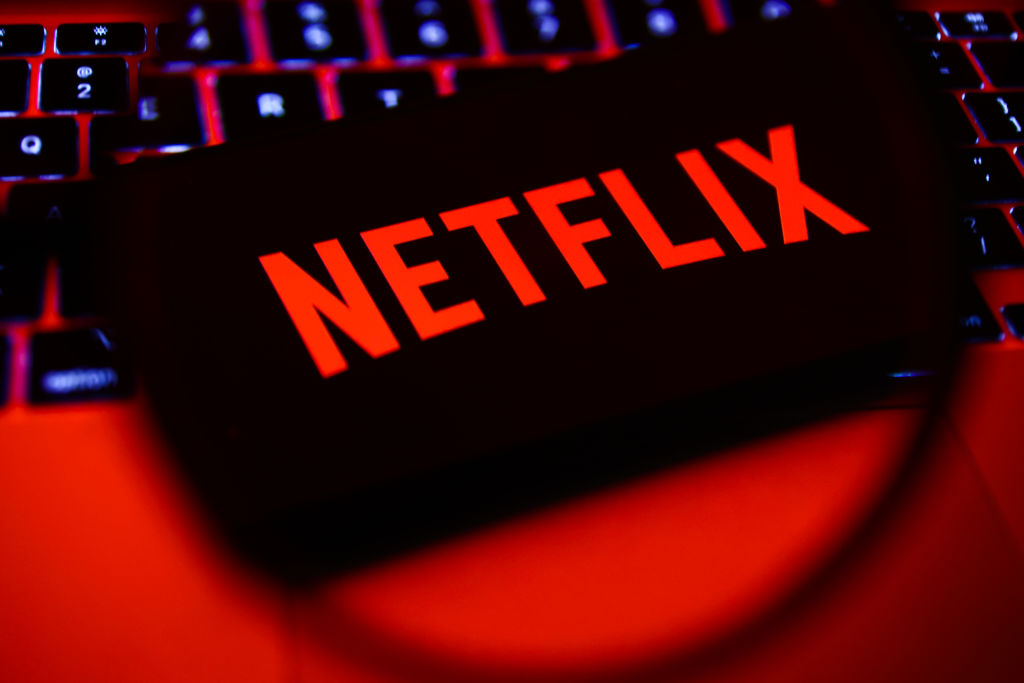
(Image credit: Beata Zawrzel/NurPhoto via Getty Images)
$1,275.25
(NFLX) seems like a slam dunk. Shares are in the quadruple digits, it's one of the largest consumer-facing companies on the planet, and Netflix has split its stock twice before: 2-for-1 on February 11, 2004, then 7-for-1 on July 14, 2015.
In fact, based on this admittedly, um, acute data set, Netflix is going at a clip of once every 11 years or so. So if we don't get a stock split by the end of 2026, let's go bang on Greg Peters' and Ted Sarandos' doors.
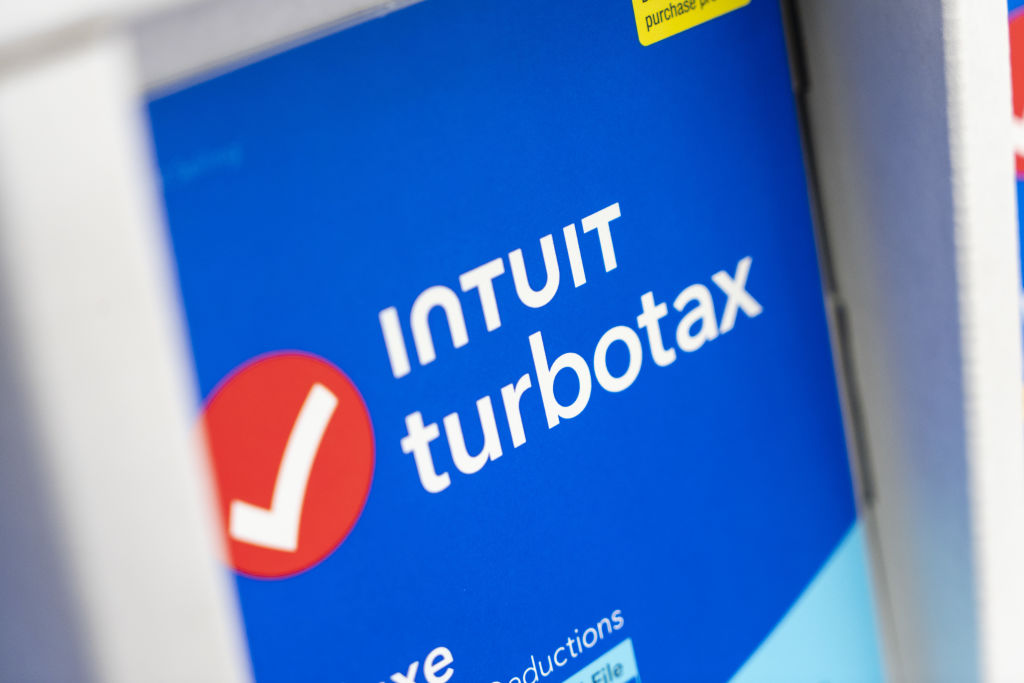
(Image credit: Eilon Paz/Bloomberg via Getty Images)
$757.86
(INTU) is the name behind a quartet of products that are quite well-known (if not first-to-mind) to consumers and/or small business owners: TurboTax, Credit Karma, QuickBooks and Mailchimp.
It has split its stock thrice – in August 1995, September 1999 and June 2006. And at roughly $750 per share, it's among the 20-highest stock prices in the S&P 500.
There are no immediate signs that Intuit will split its stock, but there's no reason to think it wouldn't again.
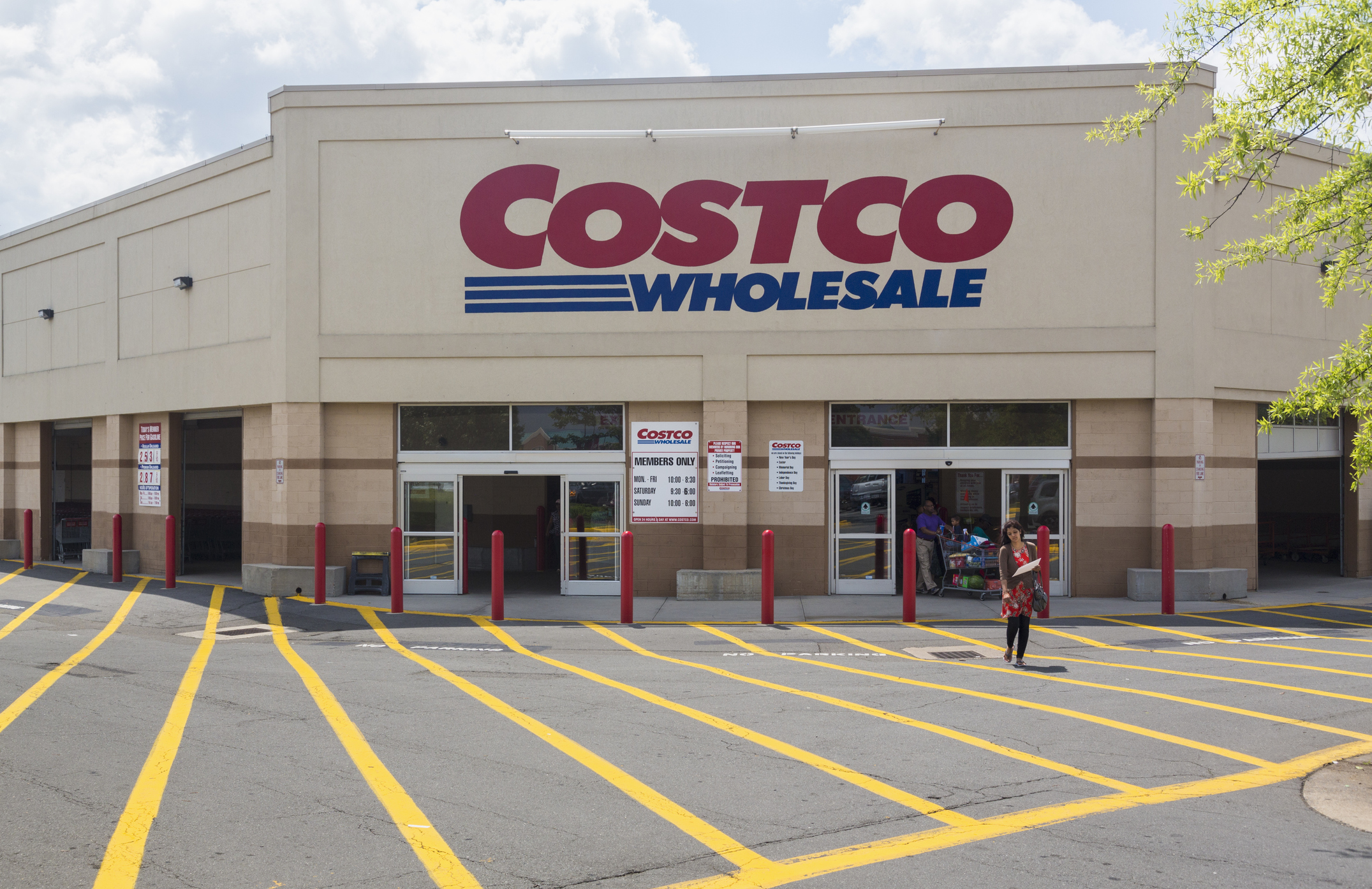
(Image credit: Getty Images)
$986.54
It's hard to find a more beloved consumer name than (COST), and the company has split its stock multiple times in the past.
And Wall Street clearly wants Costco to split its stock – even a couple equity analysts have written that a stock split would be a catalyst for shares.
But on the few occasions management has been asked about the policy, they've been noticeably noncommittal. Still, Costco excels at keeping prices low. You'd think they'd apply the same mentality to their stock.
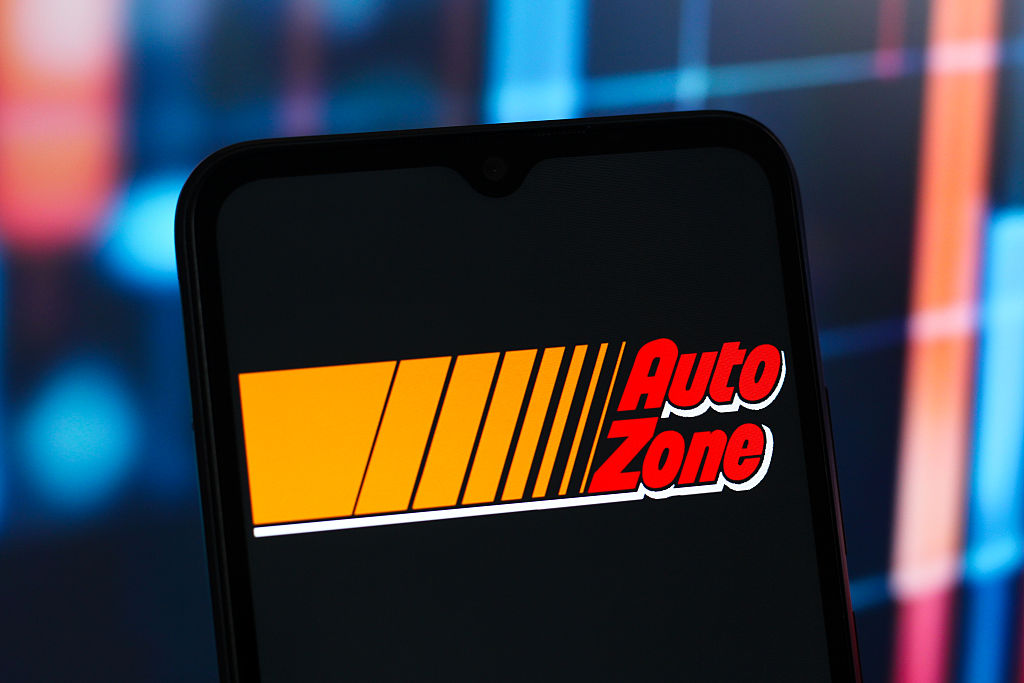
(Image credit: Thomas Fuller/SOPA Images/LightRocket via Getty Images)
$3,489.54
Considering you could buy some older used cars for less than the price of one share of (AZO), it absolutely fits the stock-price criterion.
And while its jingle isn't as catchy as rival O'Reilly, it's certainly a recognizable consumer brand. Technically, it has already broken the stock-split seal – twice, in fact.
But given that both of those were more than three decades ago (2-for-1 in January 1992 and then again in April 1994), and given that AZO has already let its price run into Taylor Swift VIP ticket territory, it's hard to say with any confidence that another split is in the offing.
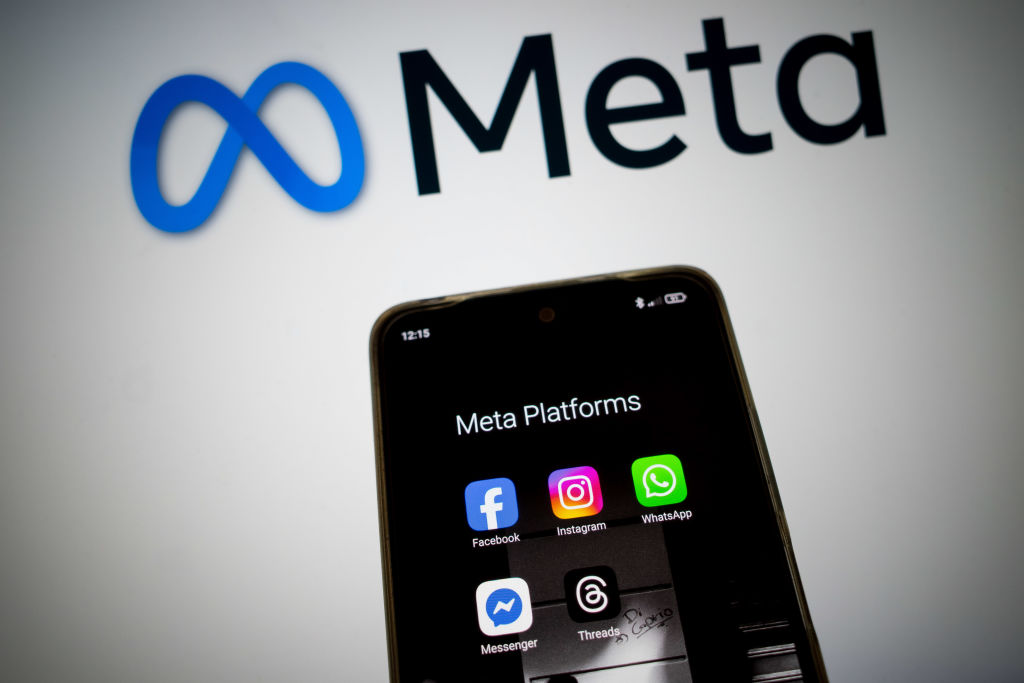
(Image credit: Getty Images)
$708.68
Facebook, Instagram and WhatsApp parent Meta Platforms (META) definitely checks off the consumer-facing box. And at more than $700 per share, its stock is far from affordable.
But it has never split its stock before. Why include it? It's the only Magnificent 7 stock, and the largest publicly traded company, to never have split its stock … so you could say it's due.
One really quick but important distinction to make is that a stock split lowers a stock's nominal price, but it has absolutely no impact on valuation metrics like price-to-earnings (P/E) or price-to-sales (P/S).
That's because when you calculate these metrics, you're factoring the number of shares into both sides of the equation.
Example:
To reiterate: After a stock split, a stock might be cheaper, but it's no more or less a bargain than it was before.
You may also like...
Diddy's Legal Troubles & Racketeering Trial

Music mogul Sean 'Diddy' Combs was acquitted of sex trafficking and racketeering charges but convicted on transportation...
Thomas Partey Faces Rape & Sexual Assault Charges

Former Arsenal midfielder Thomas Partey has been formally charged with multiple counts of rape and sexual assault by UK ...
Nigeria Universities Changes Admission Policies

JAMB has clarified its admission policies, rectifying a student's status, reiterating the necessity of its Central Admis...
Ghana's Economic Reforms & Gold Sector Initiatives

Ghana is undertaking a comprehensive economic overhaul with President John Dramani Mahama's 24-Hour Economy and Accelera...
WAFCON 2024 African Women's Football Tournament

The 2024 Women's Africa Cup of Nations opened with thrilling matches, seeing Nigeria's Super Falcons secure a dominant 3...
Emergence & Dynamics of Nigeria's ADC Coalition

A new opposition coalition, led by the African Democratic Congress (ADC), is emerging to challenge President Bola Ahmed ...
Demise of Olubadan of Ibadanland
Oba Owolabi Olakulehin, the 43rd Olubadan of Ibadanland, has died at 90, concluding a life of distinguished service in t...
Death of Nigerian Goalkeeping Legend Peter Rufai

Nigerian football mourns the death of legendary Super Eagles goalkeeper Peter Rufai, who passed away at 61. Known as 'Do...




